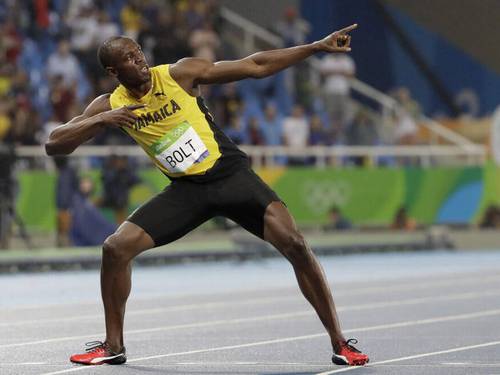The gun fires, the athletes stretch, leap and run at lightning speed; the spectators are abuzz with joy and excitement, raising the spirits of athletes right up to the Olympics’ Awards Ceremony. Although the Olympics involves several events, the track finals have been some of the most fascinating moments in Olympic history. But did you know that the Olympics were used as a tool to advance a social cause?
The Civil Rights Movement for Black Rights started to gain momentum in the 1960s. Shortly before the start of the 1968 Summer Olympics in Mexico City, a peaceful protest was conducted by black people demanding equal rights and dignity while also rallying for the appointment of black coaches and officers in the Olympics and other sports. However, the protest was crushed by the Mexican Government, killing thousands of students and young protestors.
At the time, if an African-American athlete went against all odds and won an event, they would merely be declared the winner without being awarded a medal. Even in the cases that they were awarded medals, they were quickly reclaimed. The committees refused to acknowledge or value their records and achievements.
In the 200m race of the 1968 Summer Olympics, two African-American athletes, Tommie Smith and John Carlos, won the 1st and 3rd positions respectively for the USA. They practised extremely hard to achieve this remarkable feat and proved that even people of colour had the talent to achieve it. They decided to use the award ceremony as an opportunity to promote the Black Power Movement, even going to the lengths of wearing black gloves while receiving their medals. However, Carlos forgot to bring his gloves from the Olympian village and ended up borrowing one from Smith.
They raised their fists in protest during the US national anthem. Incensed by this act, white people in the stadium began attacking the black people present on the day, leading to violent riots. Following this incident, Smith and Carlos were dismissed from the Olympic team and deported from Mexico for instigating spectators during the award ceremony.
A few years later, they went on to be recognized for their contributions to society and awarded for their role in fighting racial inequality. A victory statue was later constructed at San Jose State University to honour their alumni - John Carlos and Tommie Smith.
Their ‘Power Salute’ rocked the whole world and paved the way for the betterment of the black people the world over. Their clarion cry for freedom and the right to racial equality will be remembered by history forever.





